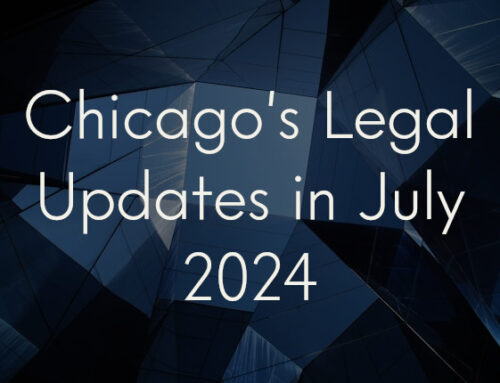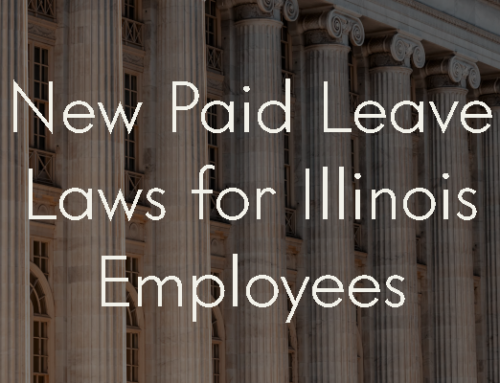The Department of Labor’s new Fair Labor Standards Act Overtime Final Rule, that was scheduled to go into effect on December 1, 2016, was recently blocked nationwide by a Texas federal judge.
In March of 2014, President Barack Obama directed the Department of Labor to “modernize and streamline the existing overtime regulations for executive, administrative, and professional employees.” Under this direction, the Department of Labor issued a new Overtime Final Rule. The new rule would expand the number of employees that are entitled to overtime by requiring that anyone paid less than $47,476 per year receive overtime pay (the previous rule had set the bar at $23,660). These changes were scheduled to go into effect on December 1, 2016.
The new Overtime Final Rule would make approximately 4.2 million more people eligible for overtime pay. The rule also provides for a flexible minimum salary requirement, so that the minimum requirement would change every three years as salaries increase nationwide, and the rule automatically evolves with inflation.
Several states and businesses filed or an emergency preliminary injunction to stop the rule from taking effect in State of Nevada v. United States Department of Labor. The plaintiffs argued that the Department of Labor exceeded its authority by raising the salary threshold so significantly and by providing for the automatic adjustments every three years. The plaintiffs also argued that the costs of complying with the rule would cause irreparable injury to the states and impact government programs and services.
The court went before a federal judge in Texas, who granted the emergency preliminary injunction, temporarily blocking the new Overtime Final Rule until the case could be fully litigated. The Department of Labor stated that it “strongly disagreed” with the decision and was “considering all of our legal options.”
For employers out there, this means that the new rule will not be going into effect on December 1, 2016. Whether or not the new Overtime Final Rule will ever take effect, and when, will be determined in further litigation.




